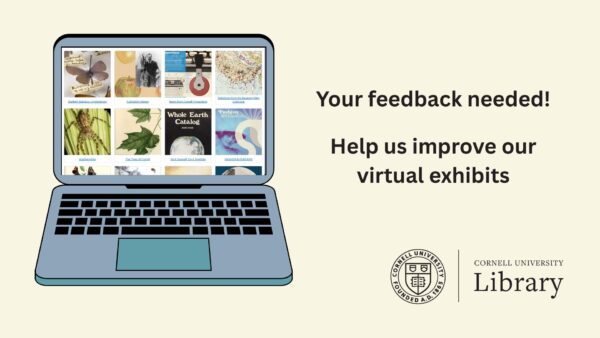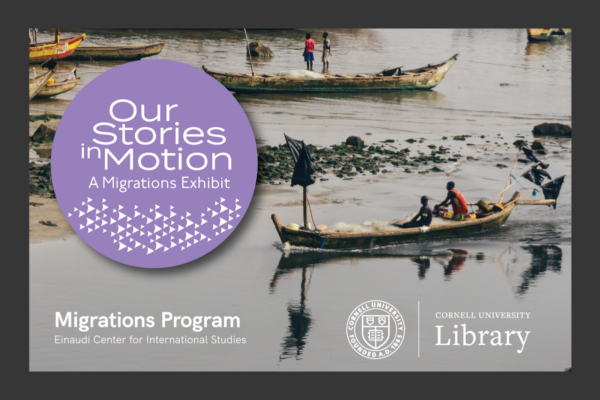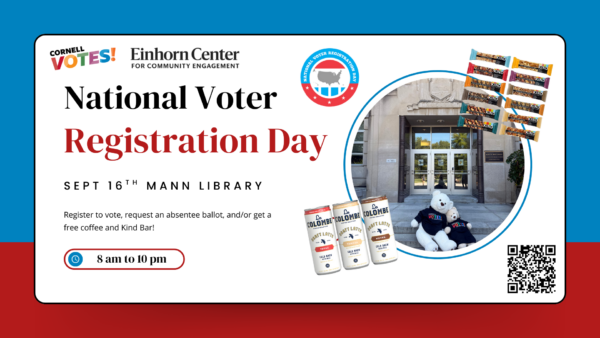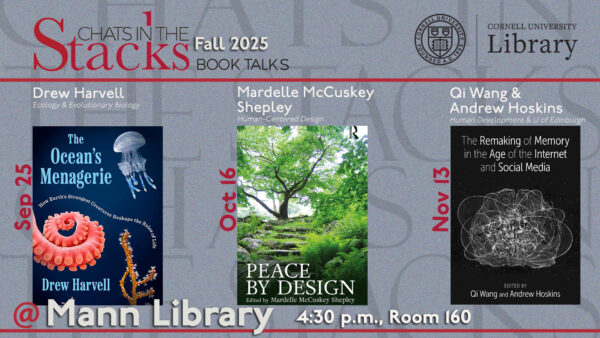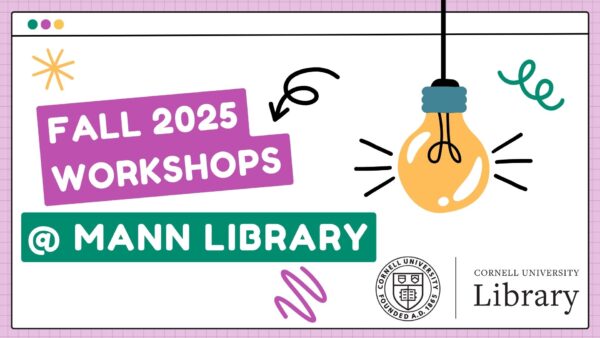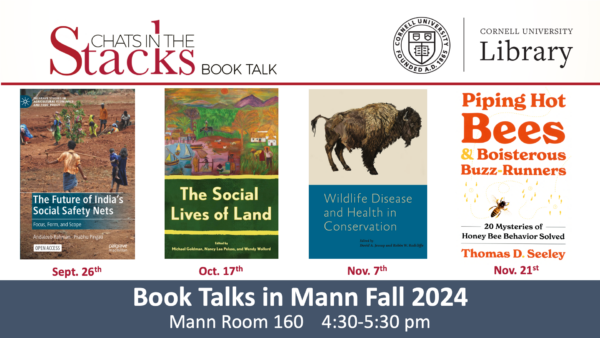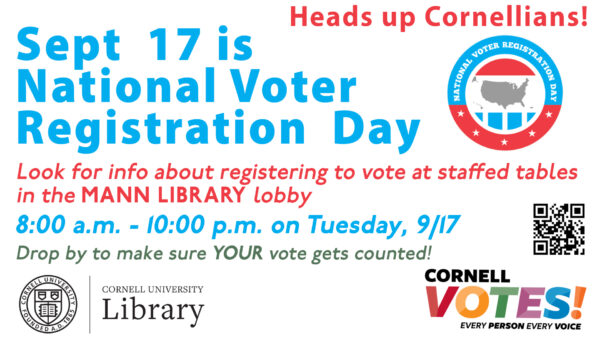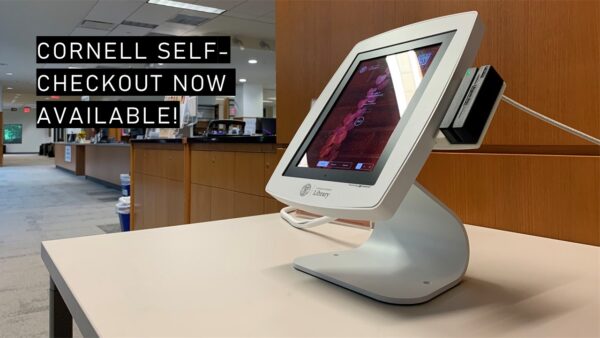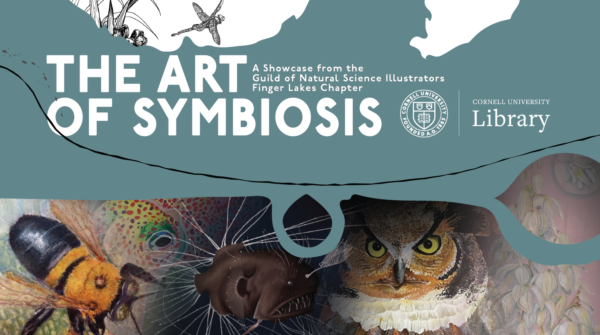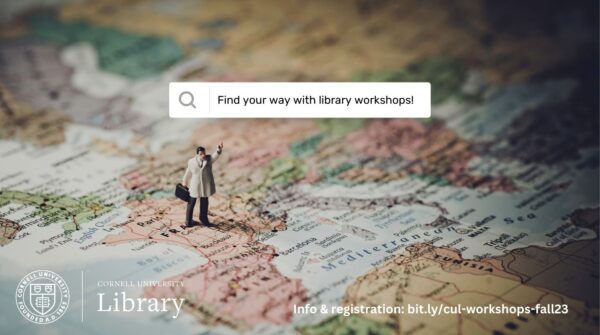We are pleased to announce the schedule for Mann Library’s fall semester book talks! All our Chats in the Stacks book talks start at 4:30pm and are held in-person in Mann Library Room 160 as well as livestreamed. You can find all recordings of our past Chats in the Stacks on our YouTube channel.
Thursday, September 25, 4:30pm
Mann Library, Room 160 and livestreamed
The Ocean’s Menagerie: How Earth’s Strangest Creatures Reshape the Rules of Life
Have you heard of the incredible “superpowers” of spineless creatures such as corals stronger than steel, or sponges who create their own chemical compounds to fight off disease? Their amazing abilities might just hold the key to our own survival, says marine ecologist Drew Harvell, professor emerita of Ecology and Evolutionary Biology. Join us for a live, hybrid, Chats in the Stacks book talk with Harvell as she dives into the world of underwater marvels and her latest publication, The Ocean’s Menagerie: How Earth’s Strangest Creatures Reshape the Rules of Life (Penguin Random House, 2025). Harvell will discuss how ocean invertebrates, among the oldest and most diverse organisms on earth, are seemingly able to bend the “rules” of land-based biology with 600 million years of adaptation to problems of disease, energy consumption, nutrition, and defense, and how their biomedical, engineering, and energy innovations could inspire solutions to many issues facing us humans and our changing planet.
Thursday, October 16, 4:30pm
Mann Library, Room 160 and livestreamed
Peace by Design
Design can promote healing in healthcare environments, contribute to mental health, reduce gun violence, and positively impact health and racial equity, all of which contribute to a more peaceful world, says Mardelle McCuskey Shepley, emerita professor in the Department of Human Centered Design and Emerita Director of the Cornell Institute for Healthy Futures. Join us for a live, hybrid, Chats in the Stacks book talk where Shepley will discuss her latest publication, Peace by Design (Routledge, 2025). The book embraces a wide range of perspectives from the fields of graphic design, industrial design, fashion design, interior design, architecture, landscape architecture, environmental psychology, and urban design. The focus on profound impacts serves to both inspire young designers and design researchers to achieve their maximum societal contributions and support experienced designers seeking reaffirmation of their social goals.
Thursday, November 13, 4:30pm
Mann Library, Room 160 and livestreamed
The Remaking of Memory in the Age of the Internet and Social Media
How have new technologies and media affected our human capacity for memory? Until recently, optimism about the potential for strengthening individuals’ human memory through the storage, representational, reproductive, and connective capacities of digital media has prevailed. But these past views of how memory works are being challenged amidst today’s digital maelstrom. In particular, the Internet, and social media platforms, have profoundly transformed the ways individuals receive, store, share, and lose information. Memory has become more externalized, dialogical, and transactive, yet at the same time, unwieldy, opaque, and inaccessible. In The Remaking of Memory in the Age of the Internet and Social Media published by Oxford University Press in 2024, Qi Wang (Professor of Human Development, Psychology, and Cognitive Science at Cornell University) and Andrew Hoskins (Professor of AI, Memory and War, University of Edinburgh) have assembled scholars from cognitive psychology, philosophy, neuroscience, and media and communication studies to synthesize emerging social and cognitive science research on the impact of the Internet and social media on remembering and forgetting. They probe whether human memory is being threatened by a shift from a healthy reliance to a dependency on digital media and technologies.
